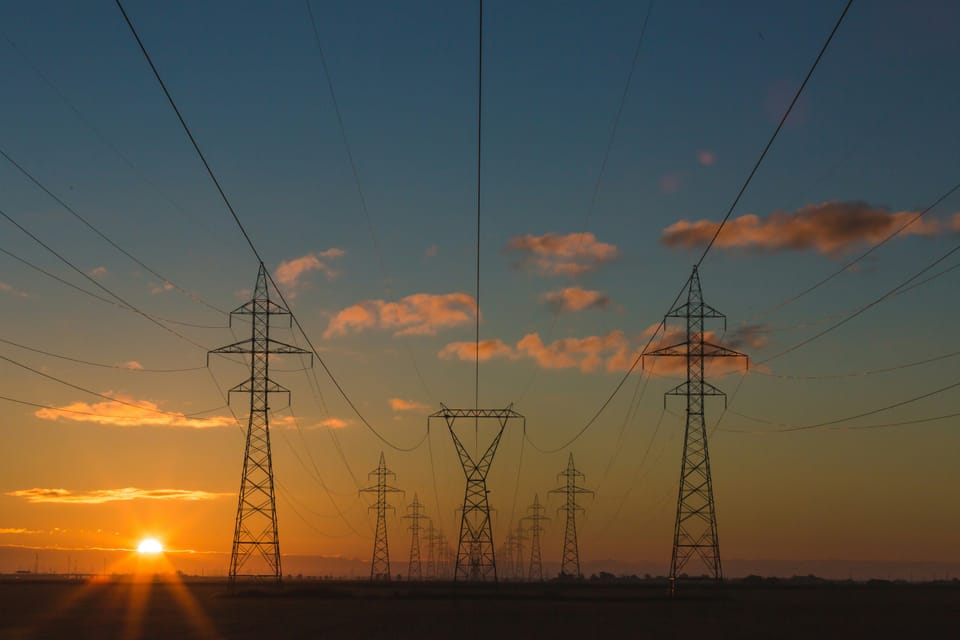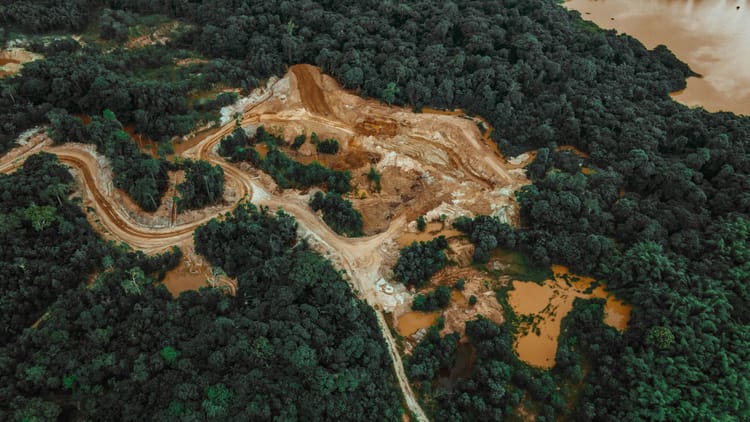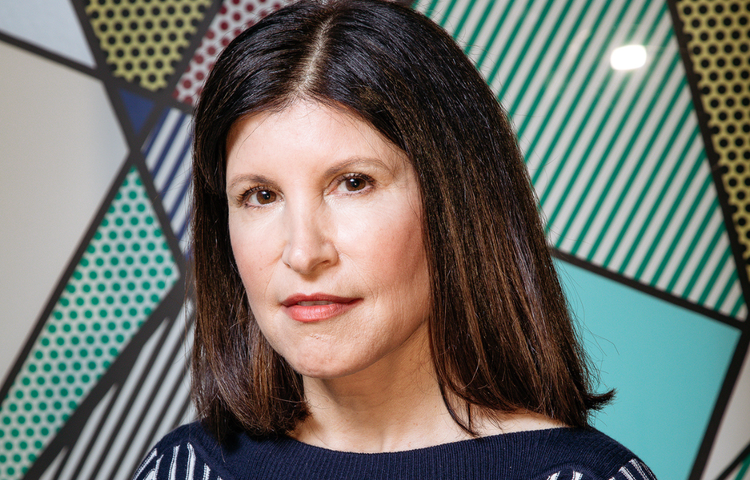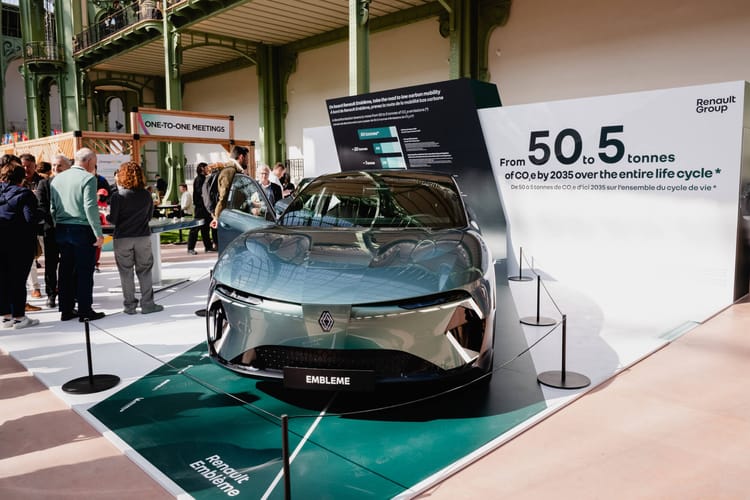New corporate coalition seeks to procure 24/7 local carbon-free electricity

A new coalition led by The Climate Group has been launched to help large corporate power consumers procure 24/7 carbon-free electricity from local grids.
Google, AstraZeneca, Iron Mountain Data Centers, Shree Cement, AirTrunk, and Vodafone UK have joined the pilot as founding partners. A broader rollout is expected in 2025, but interested parties are already invited to express their support for the initiative.
The coalition focuses on matching electricity consumption with location-based clean power, as opposed to buying renewable energy certificates (RECs) from across the world to bring down Scope 2 emissions – the solution picked by most companies at present.
As an example, Amazon recently claimed to have achieved 100% renewable electricity in its operations, and while the tech giant has invested heavily in solar and wind power, its own employees have denounced an “overreliance on low quality renewable energy credits” – and Amazon does not provide transparency on its location-based vs market-based Scope 2 emissions.
“Location-based matching gives a clear demand signal to show where more carbon-free electricity is needed. By purchasing it where consumption occurs, companies can drive greater impact in the communities where they operate,” the 24/7 Carbon-Free coalition states in its toolkit.
The corporate group hopes that sending a strong demand signal for local clean power can boost innovation as well as production rates for renewables, battery storage and dispatchable technologies to fill gaps when intermittent sources such as solar or wind power are unavailable.
Getting ahead of upcoming changes to Scope 2 accounting
The coalition encourages companies to support 24/7 carbon-free electricity development by touting the competitive advantage first movers on sustainability can get. But there may be more benefits to joining the movement.
The GHG Protocol, the world’s most widely used corporate emissions accounting standard, is considering several changes to Scope 2 emissions accounting which, if implemented, could void a number of “100% green electricity” claims.
Currently, companies following the GHG Protocol must include location-based (average emission intensity of the local grid and on-site or direct-line renewable sources), as well as market-based (contractual instruments such as purchased RECs and power purchase agreements or PPAs) data in their Scope 2 accounting.
But the accounting framework is now working on a revision of its Scope 2 guidance, to be published in 2025, which could see it amend the dual reporting requirement or add more granular time and location information. For instance, many are campaigning for companies to match their RECs to their hourly power consumption, as opposed to annually.
Google on carbon-free electricity: 'Innovative partnerships are key'
Google is one of the companies that have been trialling hourly matching of environmental attributes such as RECs, so it is no surprise that it is a founding partner of the 24/7 Carbon-Free Coalition.
“Google set a goal in 2020 to run on 24/7 carbon-free energy on every grid where we operate by 2030. Innovative partnerships are key to making 24/7 CFE a reality for everyone, and we’re excited to work with other climate leaders on this important challenge. Whether you’re already targeting 24/7 CFE or just getting started on your journey, together we can accelerate decarbonisation in this critical decade for climate action,” said Chief Sustainability Officer Kate Brandt.







Member discussion